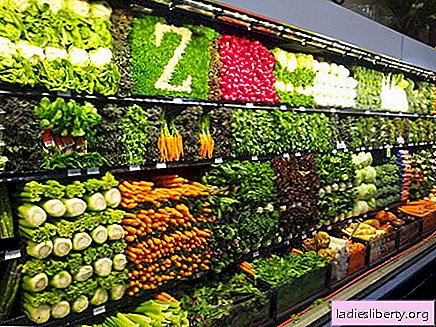
Magnesium is the fourth most abundant mineral in the body, with half of its amount found in bones.
“Magnesium plays a very important role, as it is necessary for the full course of more than 300 biochemical reactions,” says Phil Lempert, an analyst with the food industry, “It supports normal muscle and nerve functions, promotes heart rate stability, supports the immune system, and keeps bones strong, promotes normal blood pressure, regulates blood sugar and is known to be involved in energy metabolism and protein synthesis. "
In other words, magnesium is useful for relieving stress, for women's health, energy, sleep, it is indispensable for cardiovascular and other diseases.
A national survey conducted by the US National Health and Nutrition Service in 1999–2000 found that older people have lower dietary magnesium intake than younger people.
In addition, in old age, the absorption of magnesium decreases, and its renal excretion (excretion from the body) increases. Older people are also more likely to take drugs that interact with magnesium.
Lack of magnesium in the body can manifest itself as weakness, muscle tension, headaches, irritability, poor sleep, heart rhythm disturbance, and anxiety or nervousness.
Scientists strongly recommend eating magnesium-rich foods regularly, such as whole grains, legumes, green vegetables, dark green leafy vegetables, pumpkin seeds, spinach, chard, soybeans, sesame, black beans, flax seeds, buckwheat, beans and chocolate.











